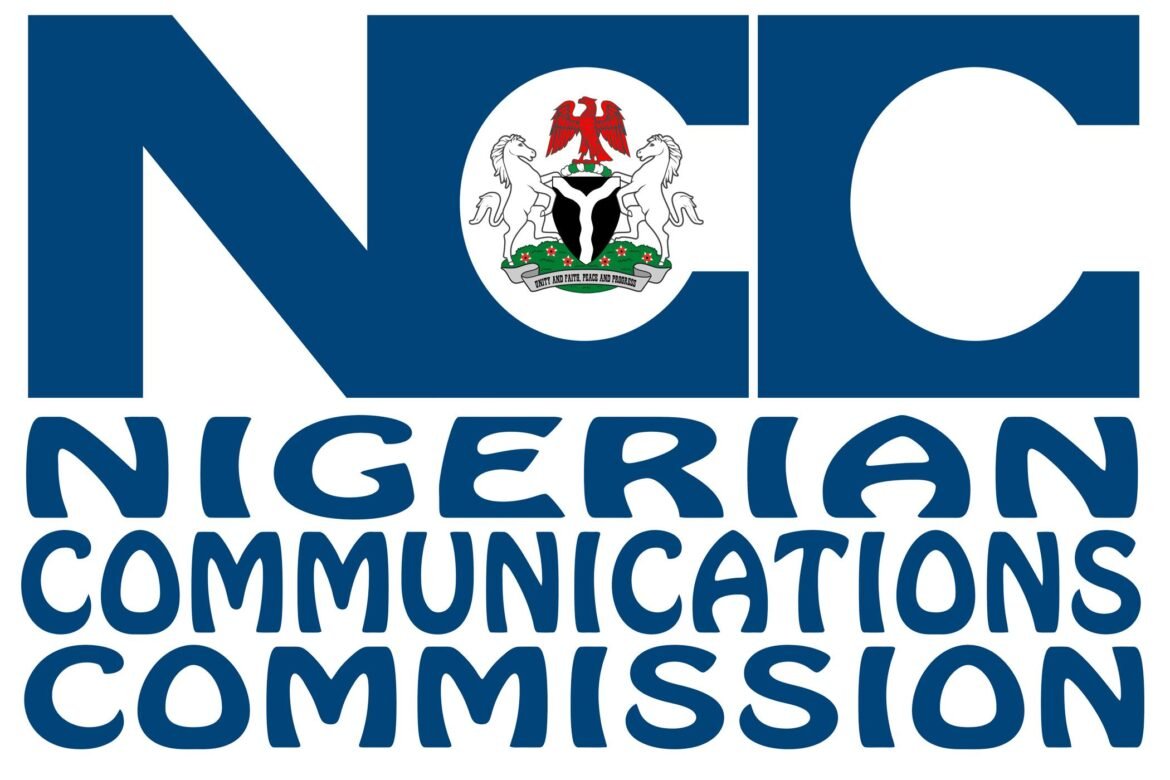The Nigerian Communications Commission (NCC) has created a Digital Economy Department for implementing programmes and policies aimed at fully supporting and promoting the national digital economy agenda of the Federal Government.
The director of public affairs, Dr. Ikechukwu Adinde, said in a statement on Tuesday that the Governing Board of the Commission approved the creation of the new department at its last meeting.
He said the departmen was strategically and structurally placed under the Office of the Executive Vice Chairman/CEO of NCC, Prof. Umar Danbatta.
According to the statement, Danbatta described the creation of the new department as being in line with the Commission’s strategy to create a dedicated team, with the sole responsibility of giving necessary push to the promotion of digital economy vision of the Federal Government being driven by the Hon. Minister of Communications and Digital Economy, Dr. Isa Ali Ibrahim Pantami.
Danbatta said, “Placing the newly-created department under the Office of the EVC also underscores the importance the Commission places on the need to successfully drive the overall national digital economy strategy of the government through ensuring its effective monitoring and supervision.”
The Broadband Implementation Unit in the Commission, hitherto placed under the Special Duties Department and all the staff of the Unit, are to move to the newly-created Digital Economy Department.
Engr. Babagana Digima, an Assistant Director in the Special Duties Department has been moved and designated as the pioneer Head of the new department.
The digital economy policy document has eight pillars, which include: Developmental Regulation, focusing on effective regulation of the ICT and digital sector in a way that enables development.
The second, Digital Literacy and Skills, which speaks to the provision of policy backing for massive training of Nigerians from all works of life in order to enable them obtain digital literacy and other digital skills. This pillar will also facilitate the training of Nigerians.
The third pillar is Solid Infrastructure. Digital Services Development and Promotion is the sixth pillar. The seventh pillar is Digital Society and Emerging Technologies. The eight pillar of NDEPS is Indigenous Content Development and Adoption.








